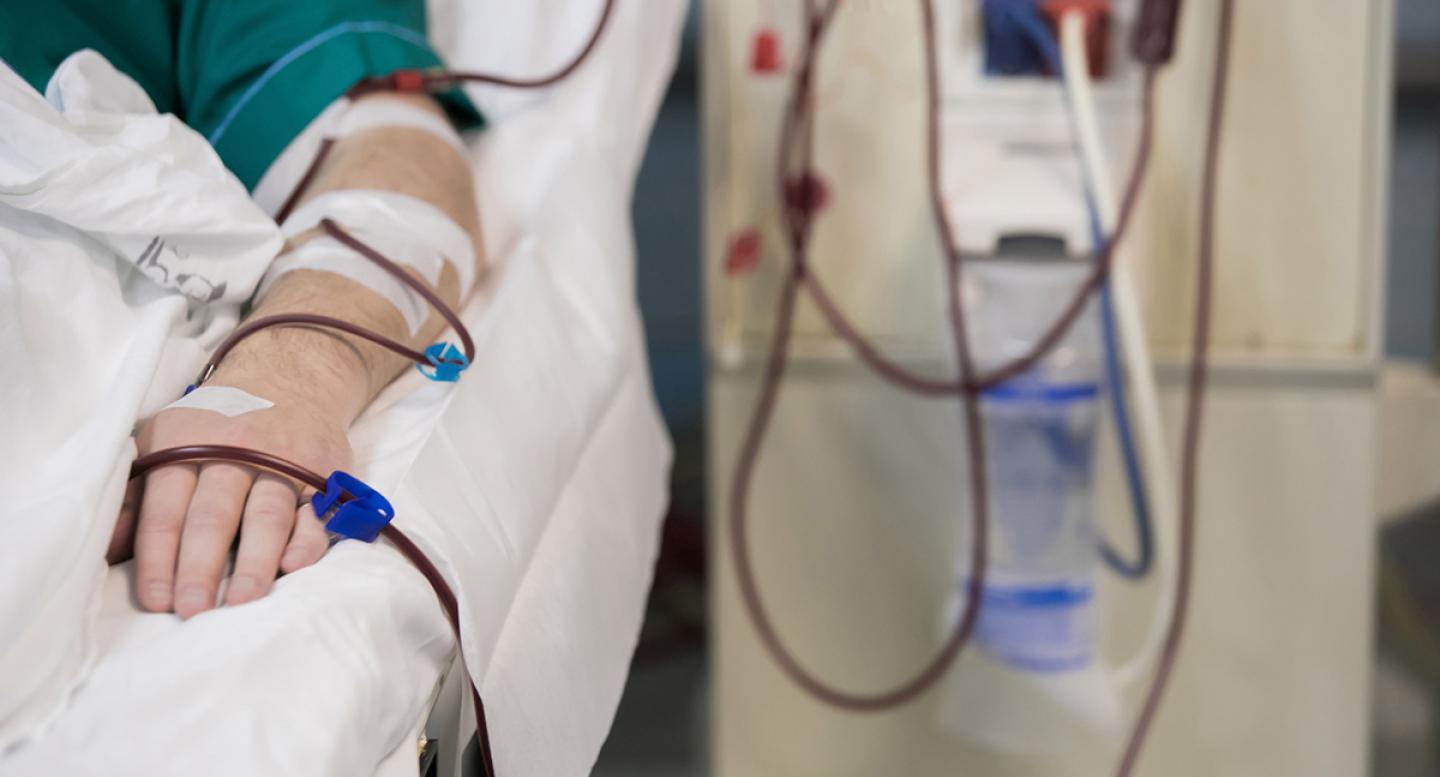What is Dialysis?
Dialysis is a method of removing toxic substances (impurities or wastes such as extra salt or fluids) from the blood when the kidneys are unable to do so. It also controls blood pressure and helps your body keep the proper balance of chemicals such as potassium, sodium and chloride. Dialysis is most frequently used for patients who have kidney failure, but may also be used to quickly remove drugs or poisons in acute situations.
What Does Dialysis Do?
Dialysis serves to replace some of the functions of the kidney. Hemodialysis usually takes approximately two to four hours. Since it is not a constant ongoing process, it cannot serve as a constant monitor as do normal functioning kidneys, but it can eliminate waste products and restore electrolyte and pH levels on an as needed basis.
Are There Side Effects From Dialysis?
Side effects can include muscle cramps and hypo-tension, a sudden drop in blood pressure that can make you feel weak, dizzy or sick to your stomach. Many side effects can be avoided if the patient takes his medications and follows a proper diet.


